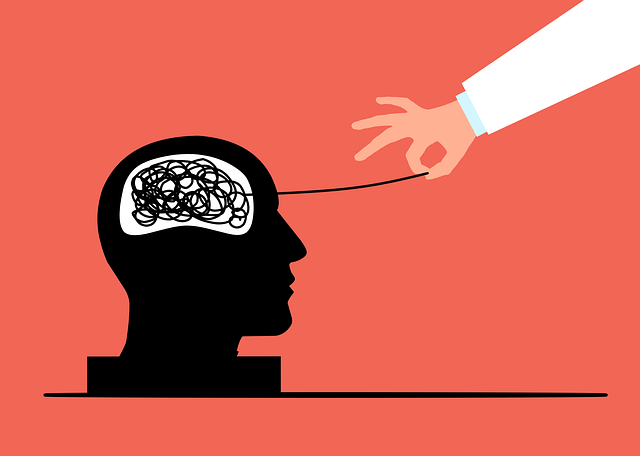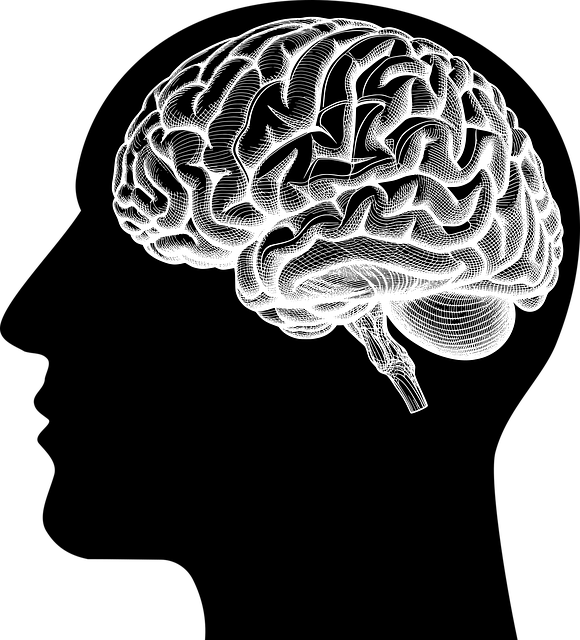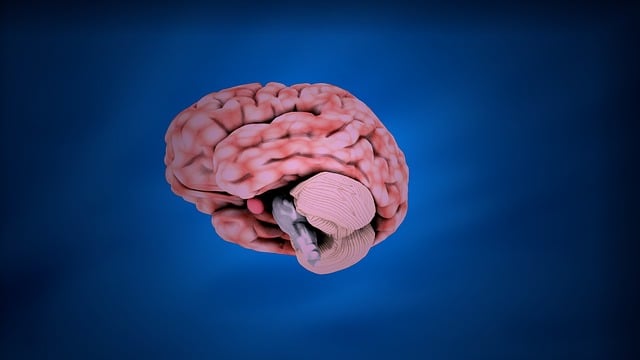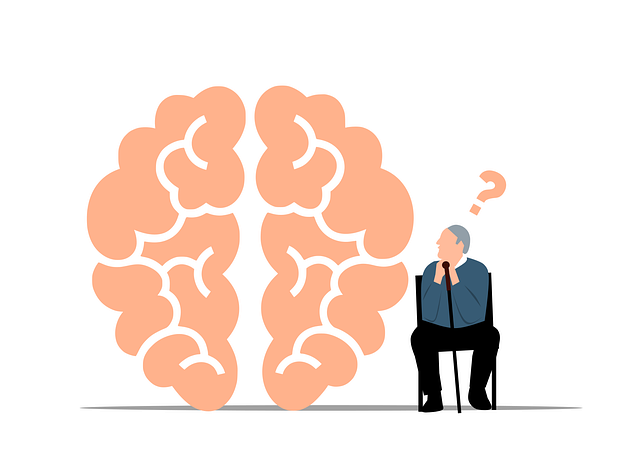Children with Autism Spectrum Disorder (ASD) face unique challenges, but early intervention through tailored therapy, including coping mechanisms and evidence-based practices, is crucial. Mental health advocacy raises awareness, reduces stigma, and promotes understanding of ASD's mental health issues, leading to improved support systems. Integrating self-awareness exercises and inclusive education in schools empowers students with ASD to manage their mental health. Despite access barriers like financial constraints, community engagement through peer support networks and outreach programs is vital for improving mental health outcomes for children with ASD.
Mental health advocacy plays a pivotal role in addressing the unique challenges faced by children on the Autism Spectrum Disorder (ASD) spectrum. This article delves into the multifaceted impact of advocacy, exploring key areas such as raising awareness about ASD, early intervention strategies in schools, and overcoming barriers to accessing therapy services. We also highlight the transformative power of community engagement and peer support networks for children with ASD, emphasizing the importance of holistic approaches to their mental health and well-being.
- Understanding Autism Spectrum Disorder (ASD) and its Impact on Children
- The Role of Mental Health Advocacy in Raising Awareness
- Strategies for Early Intervention and Support in Schools
- Accessing Therapy Services: Overcoming Barriers and Challenges
- Community Engagement and the Power of Peer Support
Understanding Autism Spectrum Disorder (ASD) and its Impact on Children

Autism Spectrum Disorder (ASD) is a complex neurodevelopmental condition that impacts individuals across a wide range of abilities and challenges. For children on the spectrum, the world can often seem overwhelming due to sensory sensitivities, social communication difficulties, and repetitive behaviors. This unique way of processing information can significantly influence their emotional well-being and daily functioning. Early intervention and tailored therapy for children with ASD are pivotal in supporting their development and enhancing their ability to navigate social interactions, manage stress, and build resilience.
Therapy plays a crucial role in teaching children coping mechanisms, such as empathy building strategies, to understand and regulate their emotions effectively. By implementing evidence-based practices, mental health professionals can assist these young minds in developing essential life skills for managing anxiety, improving communication, and fostering positive relationships. Moreover, risk assessment is an integral part of supporting children with ASD, ensuring that their unique needs are met and potential challenges are addressed promptly to promote a healthier, happier future.
The Role of Mental Health Advocacy in Raising Awareness

Mental health advocacy plays a pivotal role in raising awareness about various mental health issues, including those affecting children with Autism Spectrum Disorder (ASD). Through dedicated campaigns and initiatives, advocates bring attention to the unique challenges faced by this population, challenging societal stigma and promoting understanding. By sharing personal stories and highlighting successful interventions like therapy for children with ASD, they foster empathy and encourage early intervention.
This advocacy is crucial in shaping public perception and influencing mental health policy analysis and advocacy. It drives the development of comprehensive guidelines, such as crisis intervention services tailored to meet the specific needs of individuals on the autism spectrum. Ultimately, these efforts contribute to self-esteem improvement and ensure that resources are allocated effectively to support those navigating mental health challenges within the ASD community.
Strategies for Early Intervention and Support in Schools

Early intervention is a key strategy for promoting mental health and well-being in young individuals, especially those with conditions like Autism Spectrum Disorder (ASD). Schools play a pivotal role in identifying potential issues early on and providing immediate support. One effective approach is integrating self-awareness exercises tailored for children into the curriculum. These exercises encourage students to recognize their emotions and triggers, fostering a sense of agency over their mental health. For instance, mindfulness activities or journaling prompts can help kids develop coping skills, enabling them to manage stress and anxiety effectively.
Additionally, designing inclusive Mental Health Education Programs that teach peers about ASD and other mental health topics can reduce stigma and promote empathy. These programs can empower students to offer support to their friends and seek help when needed. By combining self-awareness exercises and comprehensive education, schools can create a nurturing environment, ensuring that children with ASD or other mental health challenges receive the necessary tools for coping and thrive in an academic setting.
Accessing Therapy Services: Overcoming Barriers and Challenges

Accessing therapy services is a significant step for individuals dealing with mental health issues, especially children on the autism spectrum. However, various barriers and challenges often stand in the way of this crucial process. Financial constraints can deter families from seeking professional help, as therapy can be expensive, particularly for specialized treatments like those tailored to Autism Spectrum Disorder (ASD). Many insurance plans may not adequately cover these services, adding to the financial burden.
Moreover, geographical locations and their associated transportation difficulties can restrict access, especially in rural or underserved areas. Language barriers and a lack of culturally sensitive therapists also contribute to these challenges. Despite these obstacles, Mental Illness Stigma Reduction Efforts and Emotional Well-being Promotion Techniques have gained momentum, encouraging communities to embrace mental health awareness and supporting initiatives that make therapy more accessible. Mood Management programs specifically designed for ASD children are making inroads, ensuring they receive the specialized care they need.
Community Engagement and the Power of Peer Support

Community engagement is a powerful tool in mental health advocacy, especially when it comes to supporting individuals with conditions like Autism Spectrum Disorder (ASD). Peer support networks have proven to be highly effective in fostering inclusion and improving outcomes for those on the spectrum. By connecting individuals with similar experiences, these peer groups offer a unique form of therapy, promoting understanding and acceptance within the community. This approach not only reduces feelings of isolation but also empowers members to become advocates for their own mental well-being.
Incorporating community outreach programs that focus on education and awareness can further enhance these initiatives. Teaching the public about ASD and its unique challenges enables a more supportive environment, reducing potential triggers for anxiety and burnout. Moreover, peer support groups can be integrated into schools and healthcare settings to ensure early intervention and access to therapy for children with ASD, promoting better mental health outcomes and a brighter future for these individuals.
Mental health advocacy plays a pivotal role in enhancing support systems for children with Autism Spectrum Disorder (ASD), ensuring they receive the therapy they need. By raising awareness, implementing early intervention strategies, and fostering community engagement, we can create an inclusive environment that promotes growth and understanding. Overcoming barriers to accessing therapy services is crucial, as timely intervention significantly impacts a child’s development. Through collective efforts, we can unlock the potential of every child on the spectrum, providing them with the tools to thrive in their academic and social journeys.










